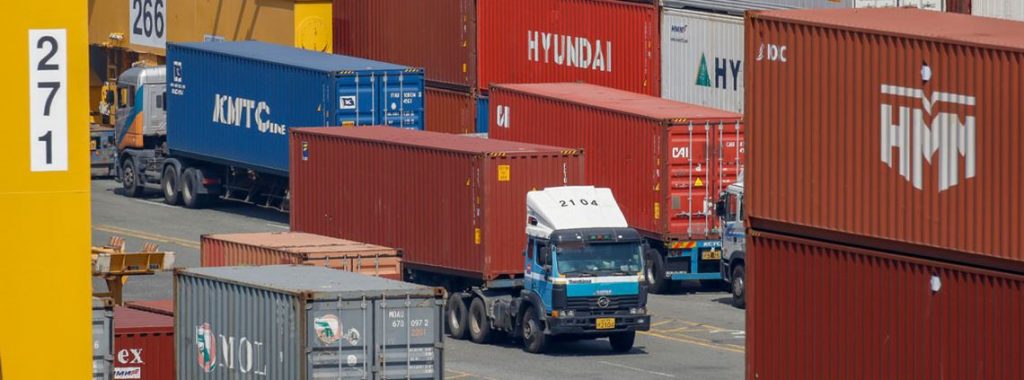Truckers’ strike hits cement, steel and beverage shipments

South Korean truckers have gone on strike over high fuel prices and plans to end temporary measures put in place by the government to guarantee minimum wages and ensure safe driving.
A majority of the Cargo Truckers Solidarity union’s 25,000 members and a large number of non-unionised drivers have joined an indefinite general strike, according to the union.
The drivers are demanding freight rates that guarantee basic wages must be achieved. They are also protesting the imminent end of the Safe Trucking Freight Rates System.
The system was introduced in 2020 as the Covid-19 pandemic struck to ensure minimum wages and deter dangerous driving by truckers. It is due to end in December.
Truckers are calling for the government to extend the system, claiming that rising fuel costs are putting their livelihoods at risk.
South Korea’s transport ministry has denied union claims that up to 25,000 truckers are participating in the action, saying only 8,000 members have taken part.
But there are reports that even some non-striking truckers had stayed at home since the action began, fearing intimidation from unionised colleagues.
President Yoon Suk-yeol has promised to respond firmly to any kind of irregularities in the strike, and the police said they would arrest anyone who tries to interfere with the work of non-striking truckers.
The country’s ports have drawn up back-up plans to ensure supply chains keep running, while the government has dispatched its own fleet of trucks to logistics hubs.
However South Korean media have reported several supply chain disruptions around the country, saying several cement factories located in North Chungchung and Gangwon provinces have cancelled shipments due to the strike.
Hyundai Steel’s Pohang factory cancelled a shipment of 9,000 tonnes of steel, while beverage company HiteJinro said it had temporarily suspended shipment of its products at one factory.

